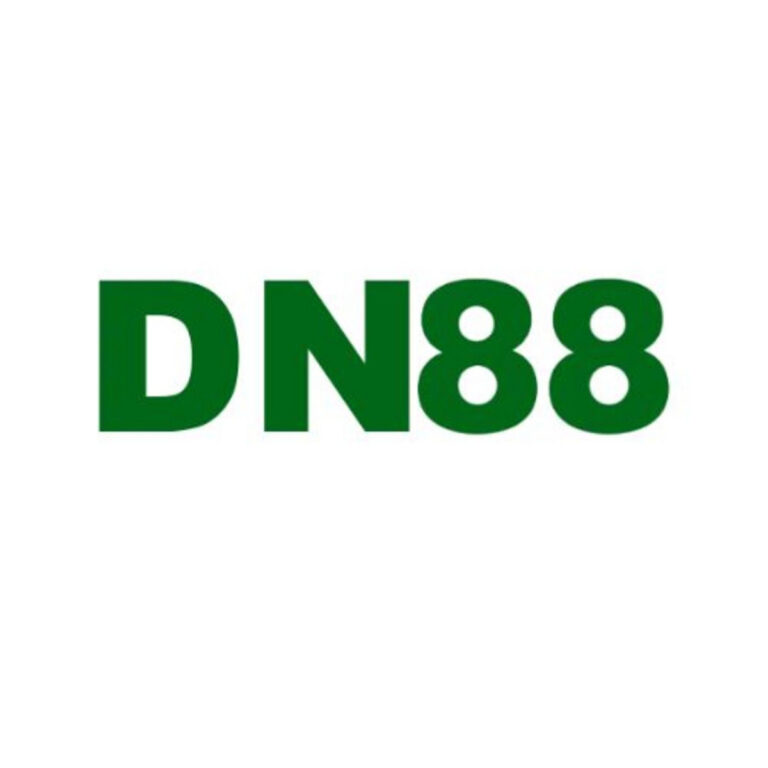
Unlocking Success with the Operating License of KJC Alliance
Securing the Operating License of KJC Alliance is more than a legal obligation—it’s a cornerstone of sustainable success. This license grants official recognition, builds stakeholder trust, and empowers kjcking.com to operate with full regulatory backing. From the meticulous application process to ongoing compliance and timely renewals, maintaining this license reflects the organization’s commitment to excellence and integrity. Whether you’re an investor, regulator, or industry enthusiast, understanding the licensing journey unveils the critical role it plays in long-term growth and credibility. In this guide, we delve into the essential steps, benefits, and strategic value behind holding this key operational asset.
Renewal Procedures for the Operating License of KJC Alliance
Renewing the Operating License of KJC Alliance involves a process that mirrors, in part, the initial application but often requires additional documentation demonstrating ongoing compliance and operational stability. The renewal process generally involves submitting renewal forms, recent audit reports, financial statements, and evidence of adherence to safety and environmental standards, within specified timelines set by regulatory authorities.
To streamline renewal, KJC Alliance should implement a proactive compliance tracking system, ensuring all necessary documents and reports are prepared well before expiration dates. Regular internal audits and maintaining strong communication channels with licensing agencies facilitate smooth renewals. Recognizing that renewal signifies continued trust and legitimacy, organizations must treat this process as a strategic opportunity to reflect on operational practices, implement improvements, and reaffirm their commitment to regulatory standards.
Consequences of Operating Without a License for KJC Alliance
Operating without the Operating License of KJC Alliance exposes the organization to a multitude of legal, financial, and reputational risks. Regulatory authorities can impose hefty fines, suspend or shut down operations, and even pursue legal action against the organization and responsible individuals. These consequences can severely disrupt business continuity, erode stakeholder trust, and cause long-term damage to the organization’s market positioning.
Beyond legal ramifications, unsanctioned operations can lead to safety hazards, environmental violations, and unresolved contractual disputes. The absence of a valid license may also hinder future licensing efforts and restrict access to financial or insurance services. For KJC Alliance, operating without the required license undermines operational legitimacy and sustainability, emphasizing the importance of adhering to licensing mandates to preserve business integrity and stakeholder confidence.
Key Regulations Governing KJC Alliance’s Operating License
The regulatory landscape surrounding the Operating License of KJC Alliance is shaped by industry-specific laws, local government ordinances, safety standards, and environmental policies. These regulations serve to maintain industry integrity, protect public interests, and ensure sustainable practices. Regulations typically include specific operational thresholds, safety management protocols, licensing renewal timelines, and reporting requirements which KJC Alliance must adhere to consistently.
Understanding the regulatory framework requires a proactive approach, as laws can evolve with industry developments and societal expectations. KJC Alliance must foster a compliance culture that emphasizes continual learning, legal updates, and adaptive strategy implementation. Regular engagement with regulatory bodies, industry associations, and legal advisers helps the organization stay ahead of regulatory changes and ensures that all operations remain within legal boundaries, thus safeguarding their license and operational stability.
Benefits of Obtaining an Operating License for KJC Alliance
Securing the Operating License of KJC Alliance unlocks numerous strategic advantages that significantly impact the organization’s growth trajectory. Primarily, it legitimizes the organization’s activities, allowing it to participate in higher-value projects, government tenders, and collaborations that require verified operational credentials. This official recognition enhances credibility among clients, investors, and regulators, positioning KJC Alliance as a responsible and compliant industry stakeholder.
Furthermore, the license often facilitates access to financial services, insurance, and industry-specific benefits that are predicated on regulatory compliance. It may also serve as a competitive differentiator by demonstrating a commitment to safety, quality, and responsibility. Ultimately, the license is a foundational asset that ensures legal operation, fosters trust, and creates opportunities for sustainable expansion and increased market influence.
Frequently Asked Questions About KJC Alliance’s Operating License
One common question revolves around the timeline for license issuance—organizations often ask how long the approval process takes and what factors influence it. Typically, processing times vary depending on the completeness of submissions, regulatory workload, and the organization’s adherence to required standards. Early engagement with regulators and thorough preparation can significantly shorten this period and facilitate a smoother approval process.
Another frequently asked question pertains to the costs involved in obtaining and renewing the license. Beyond application fees, organizations should budget for compliance-related investments such as safety upgrades, systems, and audits. Understanding these costs helps organizations plan financially and avoid surprises. Addressing these questions in a comprehensive manner is essential to demystify the licensing process and prepare organizations like KJC Alliance for successful application and renewal.
Impact of the Operating License on KJC Alliance’s Operations
Having the Operating License of KJC Alliance directly influences its operational scope, strategic planning, and overall reputation. A valid license empowers the organization to expand into new markets, undertake larger projects, and engage with high-profile clients who prioritize compliance and legitimacy. It also solidifies KJC Alliance’s standing within its industry as a responsible and legally compliant entity, which is vital in today’s regulatory landscape.
Moreover, a license fosters internal discipline, encouraging the organization to uphold rigorous safety, quality, and environmental standards. It also promotes stakeholder confidence, which can translate into more favorable terms with investors, partners, and financiers. Essentially, the license is more than a regulatory requirement; it is a strategic asset that shapes the organization’s future trajectory by reinforcing operational integrity and facilitating sustainable growth.
Conclusion
The Operating License of KJC Alliance is a crucial element that underpins the organization’s legal, operational, and strategic framework. It involves a detailed process of application and compliance, governed by key regulations designed to uphold industry standards and public safety. Securing and maintaining this license offers numerous benefits, from enhanced credibility and market access to operational stability and stakeholder trust, while operating without it can lead to severe penalties and damage to reputation. As KJC Alliance navigates its industry landscape, understanding the key requirements, benefits, and regulatory environment surrounding its operating license is indispensable for long-term success and sustainability.




